Getting to know them: The Tools of a Blacksmith
Shaping metal into a usable from isn’t easy. It requires effort, skill, experience, time, and many different tools and implements. A Boston blacksmith can use 3 to 13 tools to create a single metal item and most of them have been around for as long as blacksmithing has existed. At Boston Ironworks, we regularly use the ones mentioned below to manufacture all kinds of metal products.
- The Anvil – The anvil is a blacksmith’s most recognizable tool. It functions as a base on which hot metal can be placed and hammered into shape. It’s usually very heavy and can easily bear a considerable amount of abuse. Anvils can last for hundreds of years and the best ones in the market are over 80 years old.
- Hammer – The hammer is another recognizable blacksmithing tool. Professionals use different types of hammers including rounding, cross peen, straight peen, ball peen, and diagonal peen. Different hammers serve different purposes. For example, the cross peen one is used to flatten and move the metal in a perpendicular direction to the peen.
- Tongs – You can’t hold the burning hot metal with your own hands, even with protective gloves on. You need tongs to keep the piece in place while you hammer it into shape and a Boston blacksmith will have many in their workshop. Professionals use flat jaw, v-bit, box jaw, wolf jaw, scroll, and pick-up tongs to handle hot metal. Different tongs offer different kinds of grips and serve unique purposes, which is why a professional is likely to have them.
- Chisel – A chisel is used to slit hot metal in desired places. It can also be used to etch or make designs on the surface, but that’s rare these days.
- Punch – A punch has a pointy tip and is used to punch holes into a piece of metal. These look like a hammer and come in different sizes. The blacksmith would place the punch where he wants to make a hole and hit the back with a hammer until the hole is formed.
- Rasp – The rasp is a file that can be used to smooth away any rough edges after you’ve finished working the metal. It’s used when the blacksmith cuts or drills into the metal and leaves behind an uneven, scratchy surface.
If you want to know more about Boston blacksmith or our other services, you can call Boston Ironworks at 617 657 3117. You can also fill in this contact us form. We’ll get in touch with you as soon as possible.
Copyright © Boston Ironworks

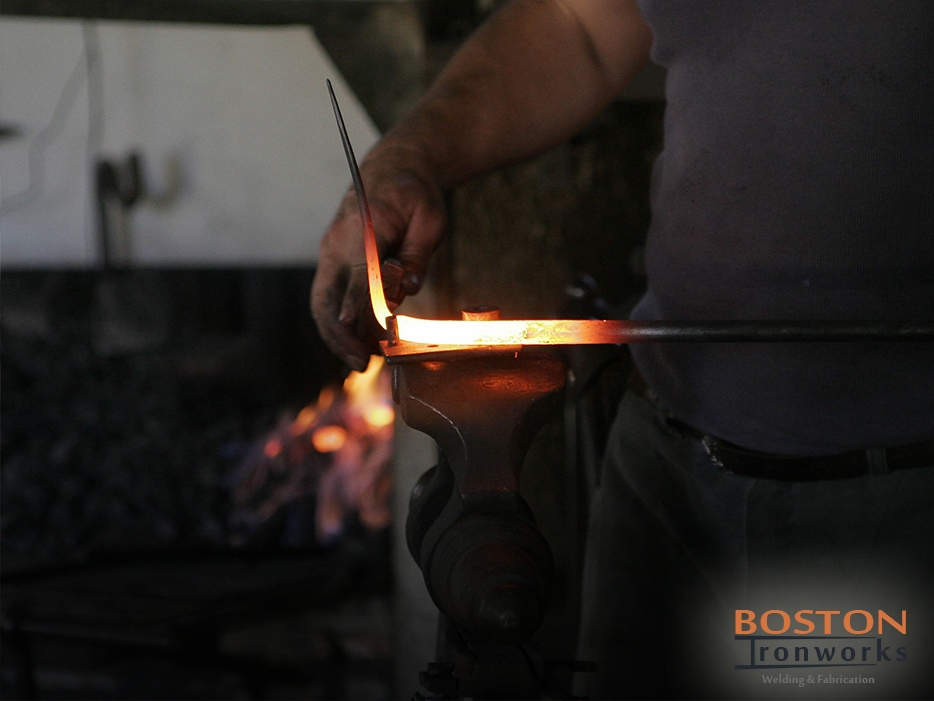
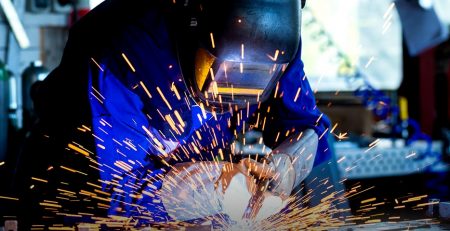
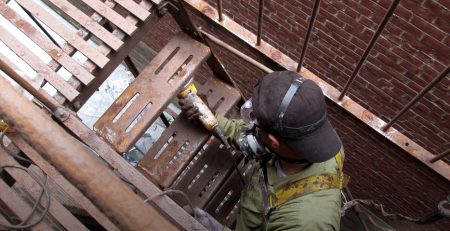
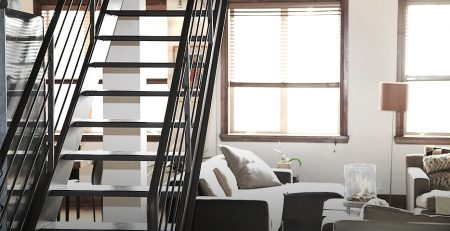
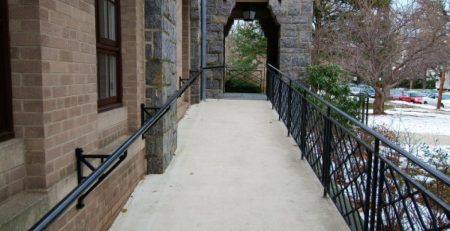
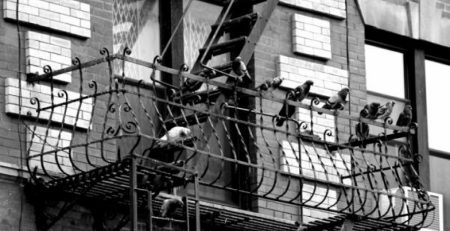
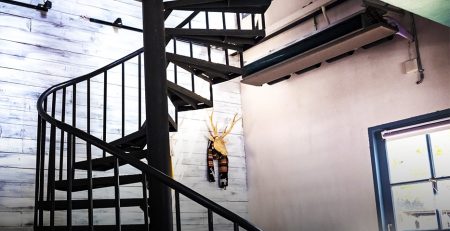
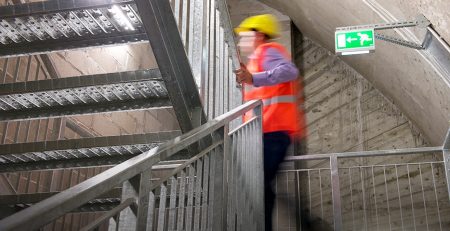
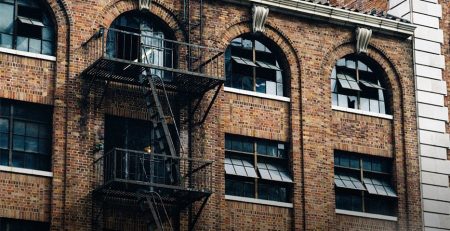

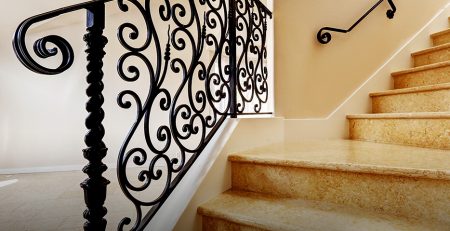
Leave a Reply